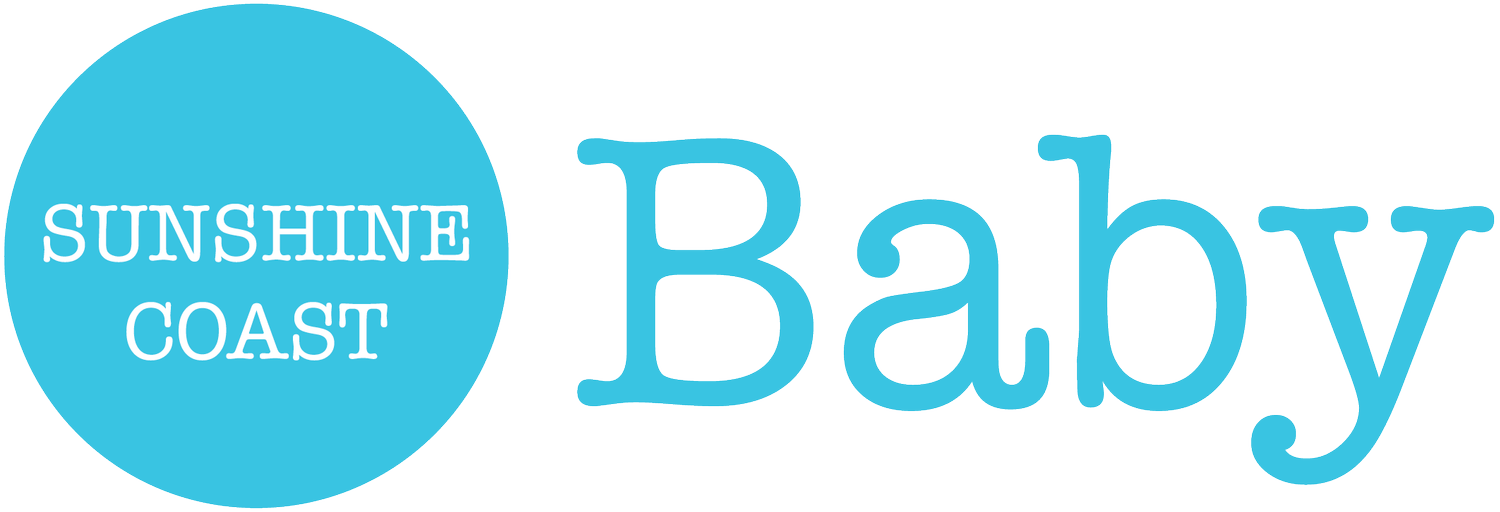Nutrition in the first 1000 days
If you’re a mumma who is keen to set up a healthy life-long relationship with food, you might be surprised to know that there are a number of things you can do during the first 1000 days.
The first 1000 days (pregnancy through to a child’s 2nd year of life) are known as the critical window of opportunity. The mother’s mental well-being, the foods she eats during pregnancy and what she feeds her little one during this time can significantly influence a child’s brain development and their genetics. The types of foods eaten during the first 1000 days can increase or decrease the child’s risk of developing health related conditions such as eczema, food allergies and a number of chronic diseases well into their adult life.
Setting up a healthy relationship with food starts when your baby is still in the womb. The flavours from the foods you eat during pregnancy are transferred into the fluid that surrounds your growing baby (the amniotic fluid). Your baby drinks this fluid providing their very first exposure to flavours.
Once the baby is earth side there is often little focus on what the mumma is eating and the focus usually shifts to what and how well the baby is being fed. While of course what the baby is eating is important, just as important is how the mother is looking after herself. Self-care during this period is often neglected but there is never a more important time to look after yourself and this includes nourishing yourself with good food. This is a time for healing and recovery, the foods you eat during this time can help speed up recovery, limit further pelvic floor damage and help to manage energy levels. Let’s face it, any mumma with a newborn knows how important it is to boost energy levels anyway you can.
If you choose to breastfeed, your nutritional needs will be even higher and the foods you eat will impact on the quality of your breastmilk. But did you know that the foods you eat also change the taste of your breastmilk. Eating a wide range of nutritious foods and food flavours during this time can help to provide your baby with those early exposures to food flavours and start to develop their taste preferences. This can help to prepare his/her taste buds ready for the introduction of solid foods. Studies have shown babies that have been exposed to particular food flavours in amniotic fluid or through the breast milk have fewer negative reactions to those food flavours when solid foods are introduced and appear to enjoy those foods more.
Nourishing yourself and your little one is more than knowing what foods to eat, it’s also about how you think and feel about food. The relationship you are helping your child form with food is just as important as what you are feeding them.
Shauna Spencer is a Sunshine Coast nutritionist and an Accredited Practising Dietitian and Food Psychologist. With many years experience and a passion for perinatal and paediatric nutrition on the Sunshine Coast, the psychology of eating and perinatal counselling. She assists Sunshine Coast mummas with nutrition during pregnancy, postpartum and breastfeeding and helps to set up healthy relationships with food for mummas and their bubs. Make an appointment today to give you and your baby the best start. www.thenourishedmumma.com

